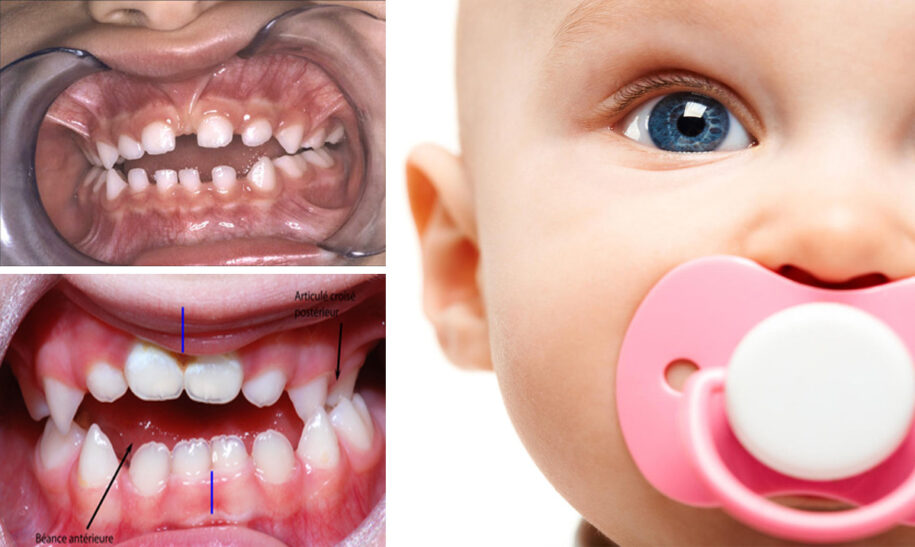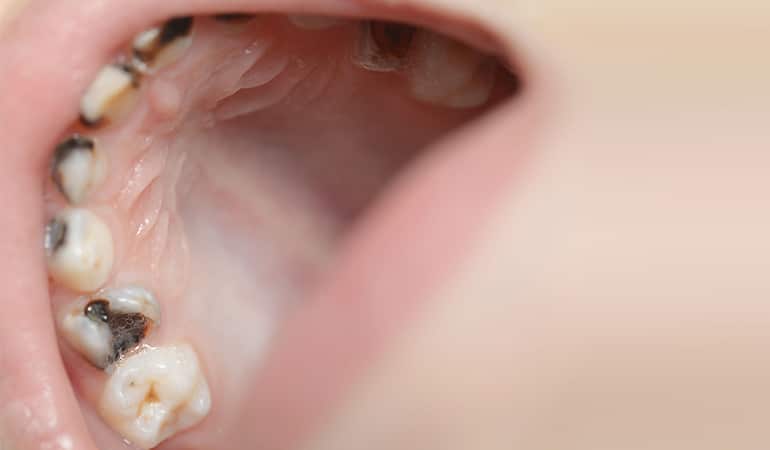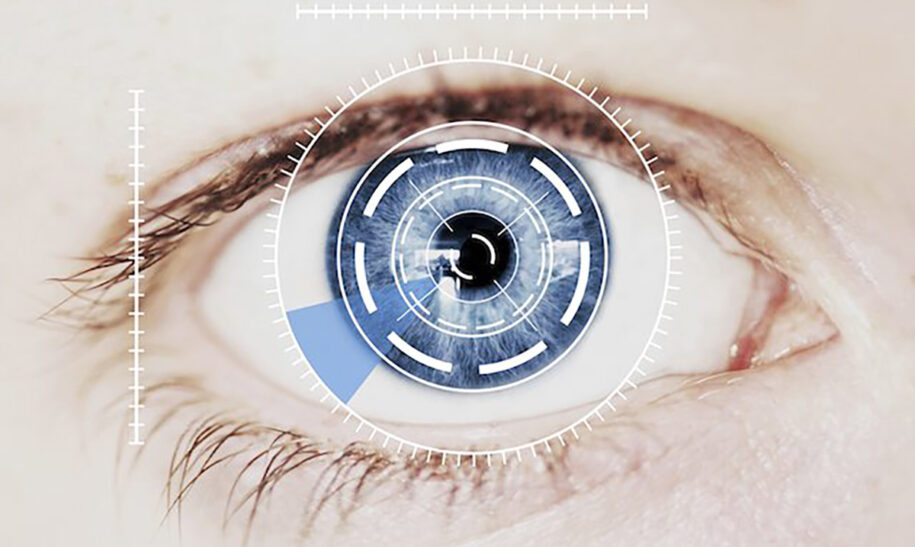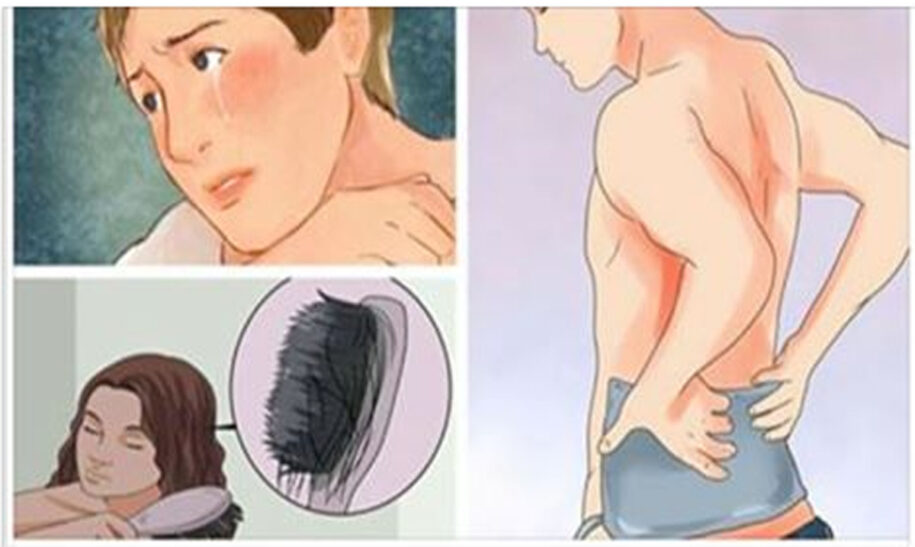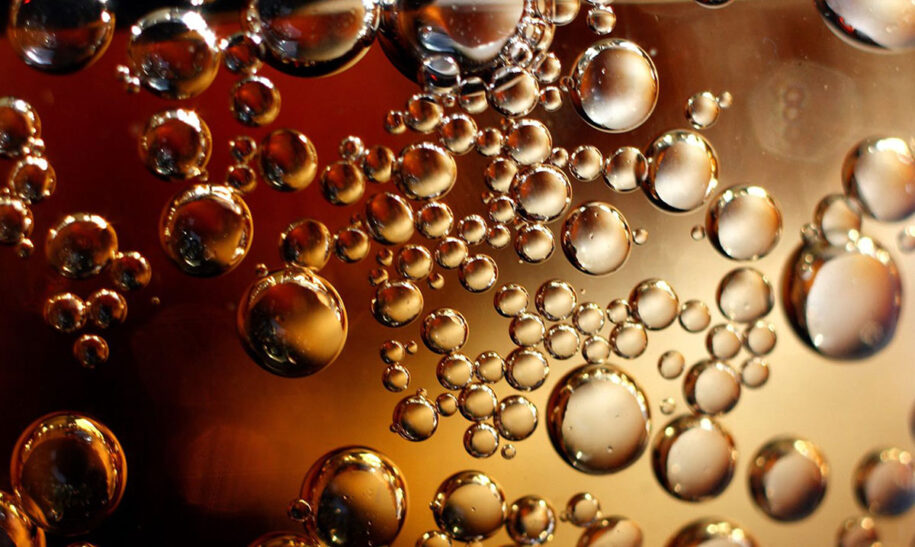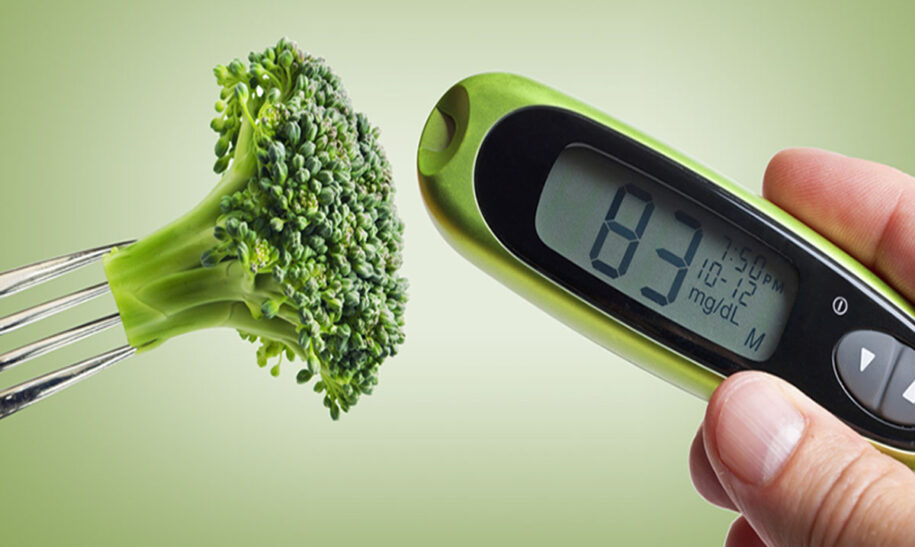
Not Responding To Your Baby’s Cries Can Harm Brain Development
The shriek of a crying baby is the worst. Many parents believe that leaving their crying baby alone is necessary to avoid coddling. However, doing this might actually cause brain damage.
According to parenting guru, Penelope Leach, leaving your baby to cry on a regular basis could be damaging to the developing brain. Penelope Leach’s new book on parenting will be released later this year, and it outlines to importance of responding to your baby’s call. Some people, like Gina Ford, believe it to be necessary to establish a tough love relationship by leaving your baby to cry in distress on a regular basis. While you can’t give kids everything they want, babies have no worldly knowledge and only cry for what they need. Even if it is love, they need nurturing.
“We are dealing with the expectations that a baby’s brain is building up. The reason babies raised on strict routine regimens go to sleep, usually with less and less crying, is because they are quicker and quicker to give up. Their brain has adapted to a world where they are not responded to,” she says. “That kind of early-induced anxiety may relate to anxiety right through adult life.” Babies cannot form words to ask for their needs. The only way of asking for something they have is crying.
Leach uses only science in her argument though. She claims that by using saliva swab tests, scientists have been able to measure high levels of cortisol, the stress hormone, in distraught babies whose cries receive no attention from parents.
“We are dealing with the expectations that a baby’s brain is building up. The reason babies raised on strict routine regimens go to sleep, usually with less and less crying, is because they are quicker and quicker to give up. Their brain has adapted to a world where they are not responded to,” she says. “That kind of early-induced anxiety may relate to anxiety right through adult life.”
She says that babies cry for a reason. However, babies do not need to cry to strengthen their lungs. Babies are not capable of blackmail in their first year, even though they might feel that way sometimes. Leaving them to cry is very hard on the parent too. “If there is a point to writing this book at all, it is that it can be so much more comfortable for babies as well as parents,” she says.
“This is what I don’t like about the opposite school, which goes for ease for the parents. It is so hard on everybody. We don’t have a lot of research showing that a lot of seven-year-olds are desperately more anxious. But I have seen mothers really struggling with the system.”


